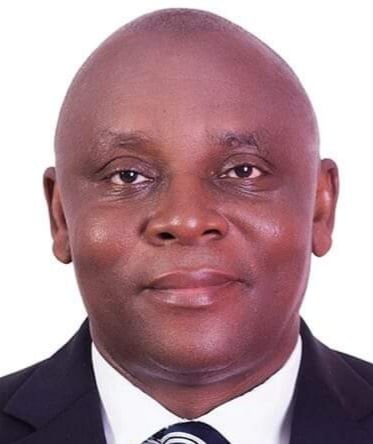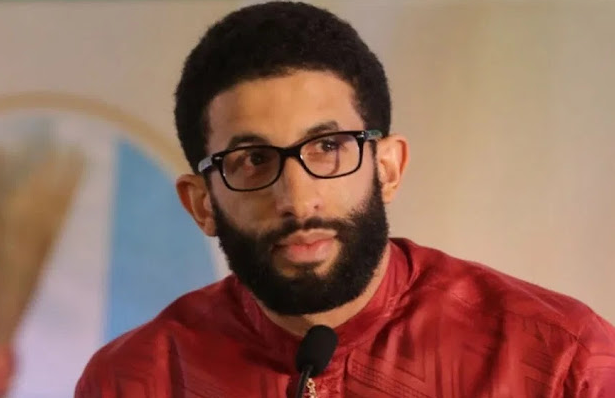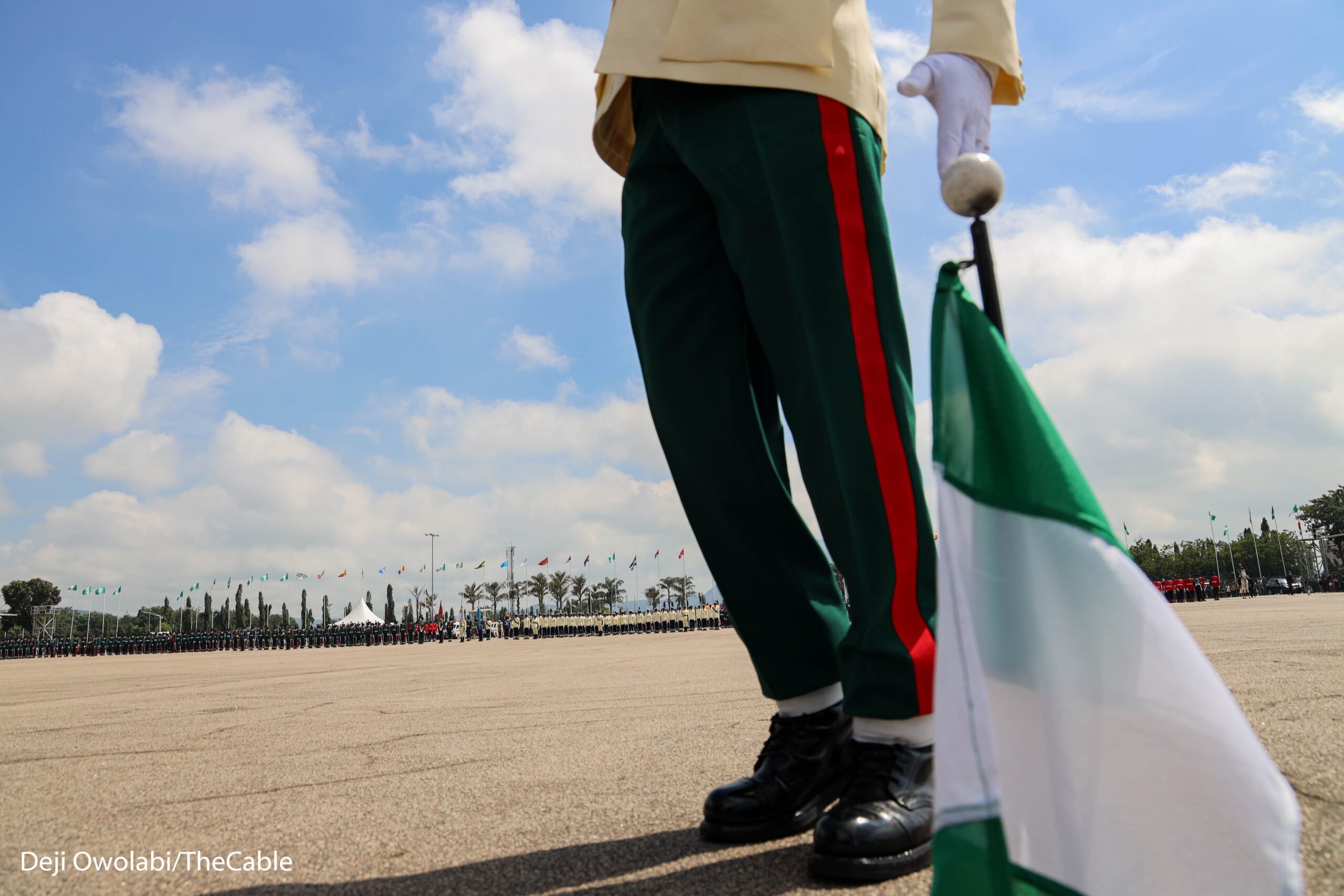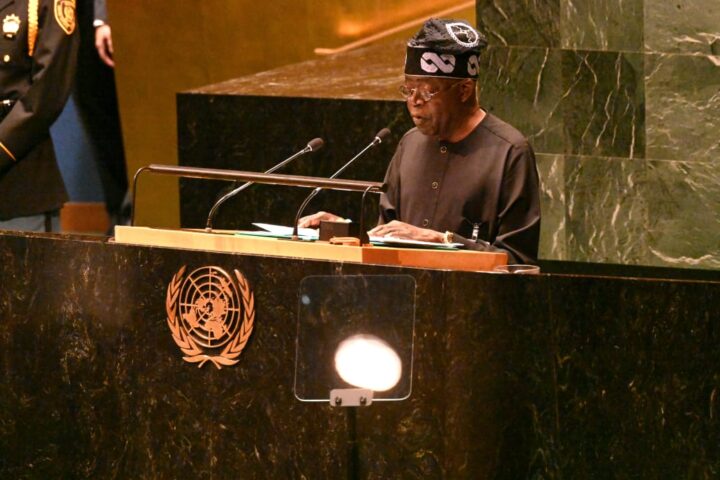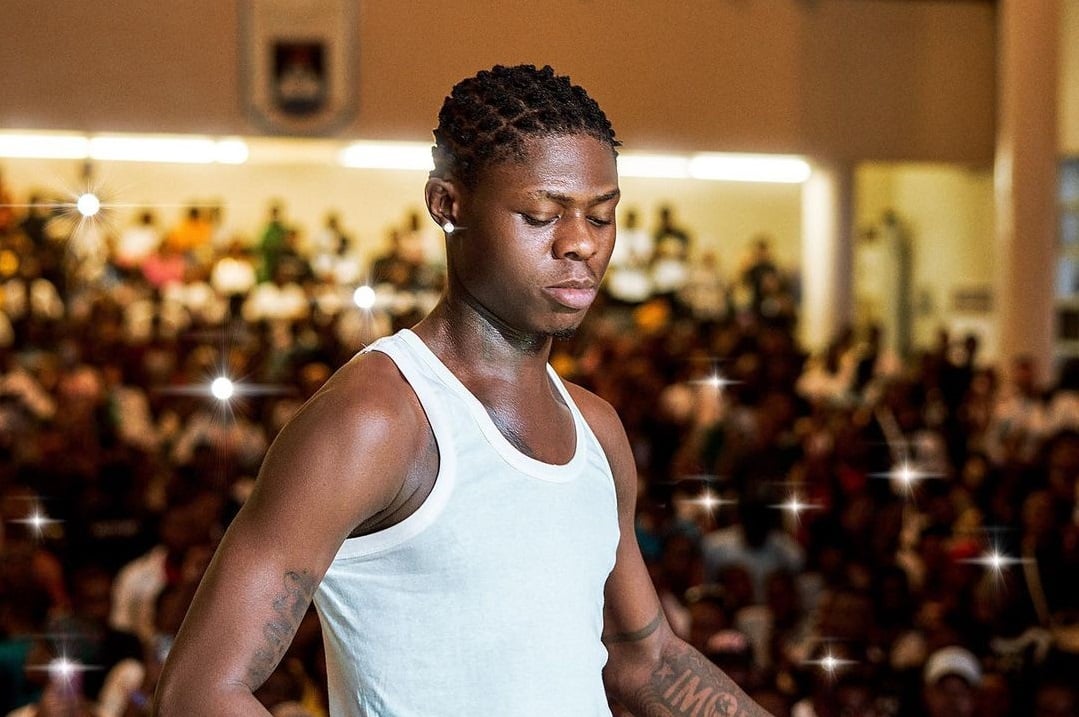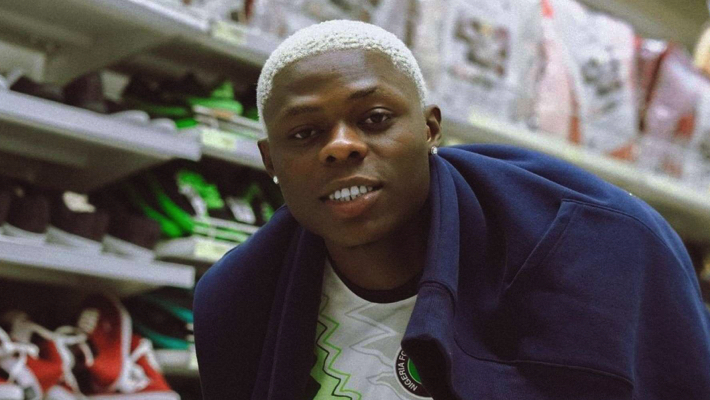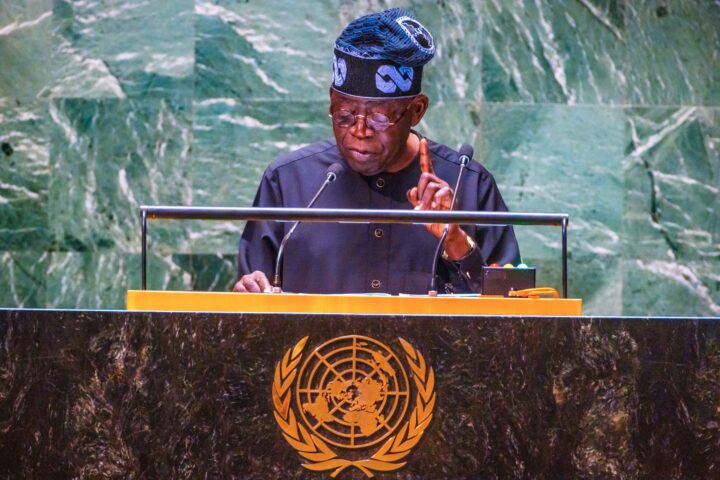It is a bit of a risk to advise your professional colleague, especially one in a big political office. No matter the nobility of your intentions, you’d always be misunderstood. If he has a large ego, like many political appointees, he may feel offended and mark you down for revenge. I have seen it before, but I cannot resist the urge to send this note to Ajuri Ngelale, the president’s spokesman, who is bumping from one blunder to the other, embarrassing himself and his bosses along the way. In the social media, he is being derisively referred to as ‘’junior Lai Mohammed’’ with many saying that his official statements are filled with embellishments, obfuscations or outright lies.
Ngelale has become the subject of jokes on morning talk shows and social media chatrooms. Ngelale is in too much of a hurry to impress the president, who in turn, is too eager to dazzle Nigerians with his fabled wizardry in governance. In his haste, the spokesman overlooks the key cardinal principles of his job: cross-check all your claims; keep the message simple and honest and above all, stay humble and true to the people.
Soon after the president met with the leaders of UAE early in September, Ngelari rushed out a statement claiming that the UAE authorities have approved the immediate lift of the visa ban on Nigerians and the immediate resumption of Emirates and Etihad flights to our country.
“President Bola Ahmed Tinubu and the President of United Arab Emirates, Mohammed Bin Zayed Al Nahyan, on Monday on Abu Dhabi, have finalized a historic agreement, which has resulted in the immediate cessation of the visa ban placed on Nigerian travellers. As negotiated between the two heads of state, this immediate restoration of flight activity, through these two airlines and between the two countries, does not involve any immediate payment by the Nigerian government,” the statement reads.
Advertisement
No sooner had the press release reached newsrooms than the UAE government issued their own version, disclaiming Ngelari’s statement. It noted that the two leaders only exchanged diplomatic niceties and courtesies. There were no discussions on the visa ban and flight resumption.
This was an obvious embarrassment to the Nigerian government and a dent in Ngelari’s professional reputation. Was he not in the meeting between the two heads of state, or did he deliberately lie to Nigerians just to present his boss as a miracle worker? Presidential spokespersons sit in almost all meetings and they are well informed of the president’s activities.
How then could he have issued a statement that was not only patently false but also filled with superfluities? Words like ‘’historic agreement’’; ‘’immediate cessation’’; ‘’immediate restoration’’ and ‘’negotiated between the two heads of state’’ easily revealed the writer’s hidden mission. Presidents don’t negotiate agreements! Negotiations are done at ministerial levels. The statement was also defective in a more intrinsic way. It did not mention anything about a possible return of the Nigerian airline, Air Peace, which had also been flying into UAE as part of the bilateral air service agreement (BASA) which we have with the Arab country. How could our president have sat down to agree on such a one-sided agreement? Didn’t he consult with our aviation officials before the talks?
Advertisement
Nine days after the UAE debacle, Ngelale issued another statement from New York, announcing that President Tinubu had rung the closing bell at NASDAQ in New York, and that he was the first ‘’African Head of State to be given the honour’’. That was a lie. President Jakaya Kilwete of Tanzania had in September 2011 rung the NASDAQ closing bell. President Goodluck Jonathan had in 2013 rung the bell at New York Stock Exchange, a bigger exchange than NASDAQ.
Even a Nigerian citizen, Ms Florence Otedola, popularly known by her trade name, DJ Cuppy, had also rung the NYSE closing bell. There was uproar across the country and the embarrassment was so huge that Ngelale had to issue an apology for the mistake, explaining that he was misguided by a third party. A simple Google search would have saved him this humiliation.
But why does the administration seem to have a predilection to exaggerate its claims and depict the president as the ‘’only one’’ – someone with a special set of skills who has done what his predecessors could not do? The answer is rooted in the psychology of the man and the people around him. Tinubu has always been presented as the greatest political tactician ever in the country. When he was governor, he erected billboards bearing his photograph and those of Mahatma Gandhi and Obafemi Awolowo, essentially comparing himself with the two renowned sages. He skillfully cultivated this image in the 16 years he was out of public office. His prominent role in building APC from a regional platform to a national party that has won three presidential elections has further buoyed his credentials.
Throughout the last campaigns, the Tinubu camp rode on this sentiment, presenting himself as a man with extraordinary powers. He built Lagos, we were told, and transformed it from a rustic town to a mega metropolis with a Class A Team. He is the only one who will revive Nigeria, his campaign boasted. On May 29, Tinubu ended his inaugural speech with ‘’all these would be possible because my name is Bola Tinubu’’. Since then, every piece of communication from the Villa and other corners of the administration has been deliberately couched to reinforce the mantra that the president can do all things. By garnishing his public statements with unfounded claims, Ngelale is only trying hard to strengthen this narrative, but unfortunately, his efforts have fallen flat. It is now up to him to mend his ways.
Advertisement
I have had some interesting relationships with previous presidential spokesmen. In the early days of the Olusegun Obasanjo administration when the president was mired in many controversies, I wrote a piece entitled ‘’Communicating the President’’ in which I offered some suggestions on how best to manage his engagements with the media. Doyin Okukpe, the then SA on media & publicity to the president, liked the piece and invited me to meet him in Abuja. It was my first time in the Villa. Garba Shehu and Femi Adesina warmed up to me easily given my passionate support to President Buhari, until I wrote a piece ‘’The many frustrations of Femi Adesina’’ in February 2020 in which I advised Adesina on how best to handle the pressures of the job. But he did not like my intervention. Dr. Reuben Abati took my many interjections in his strides, apparently because we had come a long way from our days at The Guardian.
In January 2013 or so (not very sure), President Goodluck Jonathan attended WEF at Davos, Switzerland, and I watched with horror as the president addressed a press conference in what appeared as a restaurant, with wine and liquor glasses appearing in the background. I denounced the setting and the apparent lack of attention to detail on the part of the people who arranged the event. Abati called me and explained the circumstances surrounding the shoddy arrangements and how he was blindsided in the preparations. He took my comments with equanimity.
I do not know Ngelale personally, but as a young media professional, I want him to succeed. He should, however, learn three important lessons. One, President Tinubu is not a superhuman being with extraterrestrial powers. He will play his part and leave the stage one day.
Two, presidential communication ought to be measured, elegant and delicate. Three, a key ingredient of public communication is to establish your own personal integrity. If the communicator does not come across as believable, authentic and truthful, he will lose his audience sooner than later.
Advertisement
Views expressed by contributors are strictly personal and not of TheCable.
